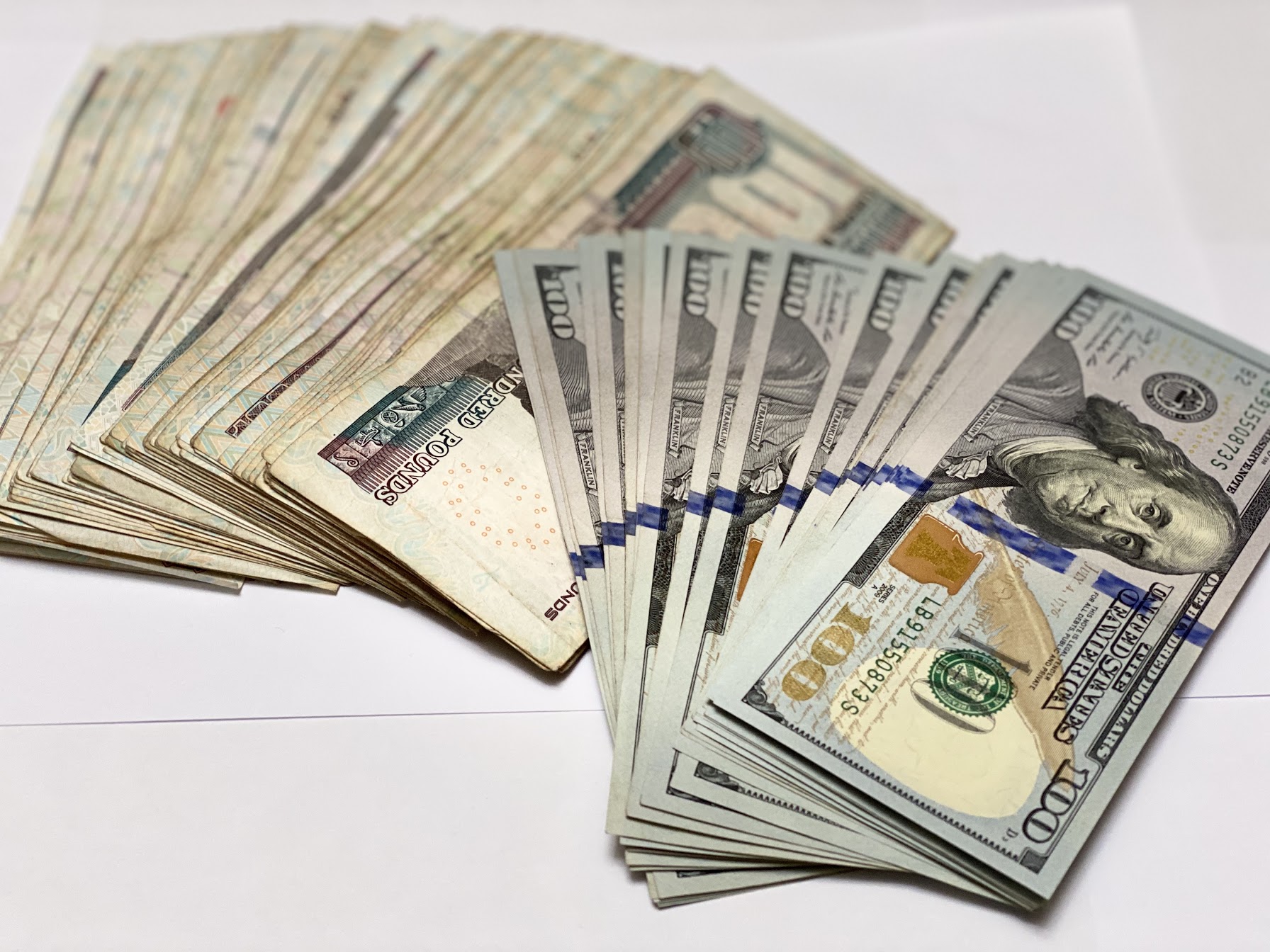By: Nadine Samy
@nadinesamy4
Despite the development and albeit slow distribution of new vaccines, many are still wondering what the post-pandemic recovery will look like and whether economy will bounce back to growth levels before COVID-19 hit.
There are fears that the economic shock caused by lockdowns will prove in the longterm to be more costly than the pandemic itself. Poor and underdeveloped countries that could not provide the fiscal and monetary support that advanced economies have will severely suffer.
However, even in advanced economies, the countries which have not enforced a lockdown, such as Sweden initially, saw their economies shrink almost by the same as countries with lockdowns. This is because people were spending less money and staying at home.
In a webinar, titled “The Global Economy in the Time of a Pandemic” Gita Gopinath, the economic counselor and director of the research department at the International Monetary Fund (IMF), shed light on the projected economic growth in 2021 and how countries will recover differently.
“Countries are recovering, but at very different speeds and different forms; there are multiple reasons for it. A lot depends on how resilient your economy is to be able to function through social distancing, how much reliance you have on tourism, on exports, and most importantly how much of policy space do you have,” Gopinath said.
She added that the service sector has been hit much harder than any other sector. Employment within the service sector is predominantly controlled by women and this led to a large number of them becoming out of work. It will be a challenge for recovering economies to make sure women come back to the workforce.
“The policy response has to be tailored to the phase of the crisis the country is in, there are some countries that have been able to durably bring down the number of cases, but if your country is still subject to containment measures then this will prevent certain businesses from operating,” Gopinath said.
Gopinath added that although in the second wave, COVID-19 infected cases were higher than during the first wave, the economic hit was smaller. This indicates that the world has started to adapt to social distancing and living with the virus.
Adjunct Faculty at the School of Business Marwa Heggy told The Caravan that the coronavirus pandemic left countries and businesses struggling with uncertainty about what will happen next. As time has passed, it became clear that the recovery from this situation will take some time despite the development of new vaccines.
“The global economy shrunk by 4.4 percent in 2020 as estimated by the IMF. Unemployment and poverty rates have increased across major economies. Since firms are facing new lockdowns, their recovery will be slow, interest rates will remain low to help businesses recover. Sectors like tourism and hospitality services will start to recover by the end of the year,” Heggy said.
As for Egypt, Heggy explained that the developing economy has been affected by the pandemic like every other country; social distancing and the suspension of air traffic led to the slow economic activity.
However, it is one of the least affected countries with a growing GDP of 3.5 percent in 2020.
“It is expected that the Egyptian economy will slow down in the first half of 2021 then would recovery start leaving Egypt with a small positive growth which is expected to be around 2.8%. Inflation is also expected to slow down,” Heggy stated.
